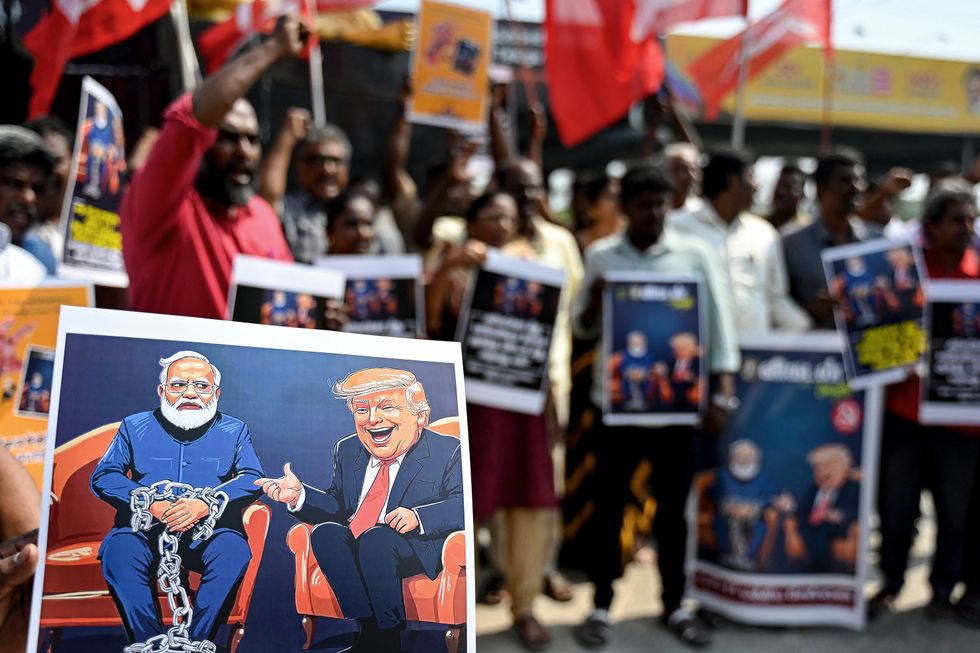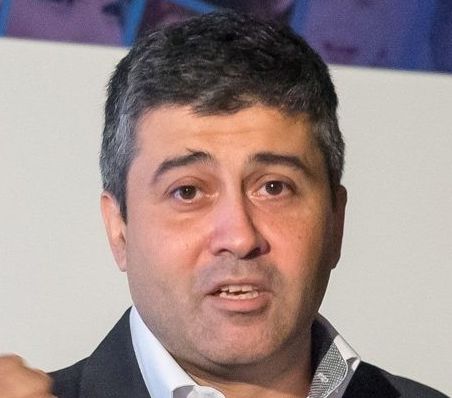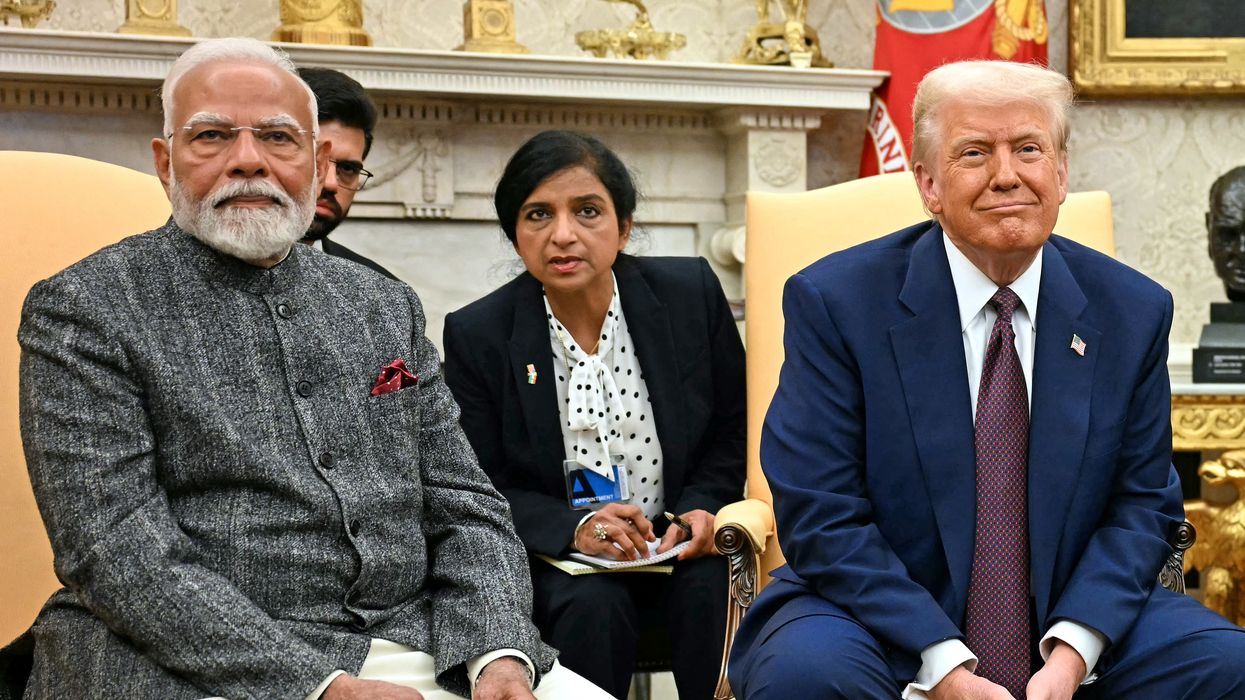IT WAS a phone call that will change our world. The new Trump-Putin alliance declared online by the US president after his long conversation with the Kremlin, saw America effectively switch sides in the Russia-Ukraine conflict. Solidarity and practical support for the country invaded three years ago now gives way to Trump’s effort to end the war on Putin’s terms.
It is not even one month in, yet this second Trump term is already much more disruptive at home and abroad than his first. Unprepared for victory or power in 2016, Trump came to regret leaning into those with government experience, frustrated by explanations of the limits of populist slogans in practice. This time, personal loyalty to Trump has been paramount. Making refusing to accept that Trump lost in 2020 a litmus test filtered out anybody who puts democratic norms first. Elon Musk’s war on American state bureaucracy operates outside legal limits. The first weeks have felt “more like a cultural revolution than a democratic transition”, Mark Leonard, the Director of the European Council of Foreign Relations says.
Leonard was speaking to me from the Munich conference, just after seeing Ukraine president Volodymyr Zelensky’s response to Trump. He described what was ending as not just the post-1989 era that followed the cold war, but the central premises of the global multilateral system that followed the second world war in the US commitment to NATO, to Europe and to multilateral institutions.
There are deep tensions in the Trump agenda. The lecture for Europeans to take responsibility comes with an effort to dictate the peace terms in Ukraine. This Trump term is both more isolationist and more imperialist than last time – combining the message that too much American attention, treasure and blood has gone in faraway lands with threats to absorb Canada, annex Greenland and occupy Gaza. Cancelling most US development projects and stripping back the US state reduce the means by which even a superpower can impose its will.
‘America First’ this time seeks to export Trumpism – trying to support a pro-Trump global alliance of national populists and far right disrupters. US vice-president JD Vance went to a serious conference at a serious time and trolled it with a declaration that he worried less about Putin’s threat to European security than wokeness in Britain. The aggression of the Trump-Musk agenda has backfired to make America less popular than ever before in Britain and Germany – while Canada, Denmark and Mexico compete to be the most Trump-sceptic countries on the planet.
What can be easy to forget in Britain is that this new world disorder is seen differently outside Europe. Narendra Modi went to Washington among those happiest to be a Trump ally. India’s prime minister flattered the US president with his declaration that their shared project of MAGA + MIGA (Making America and India Great Again) could add up to unimaginable global prosperity. In comparative attitudes studies after Trump’s re-election, few countries are quite so pro-Trump as India.

There are various theories as to why. Trump is seen as a billionaire success. India’s growing economy may see it gain from a global shake-up. For those on the Bharatiya Janata Party (BJP) hard right, there is a shared animosity to Muslims. But the willingness of Indian business owners to overlook the racism of the Trump base seems discomforting to many British Indians. There may be a generational split over Trump here between some older pro-BJP conservatives and the rising generation of younger more liberal graduates, whose views of Trump align much more with British than Indian perspectives.
UK prime minister Sir Keir Starmer faces more headaches planning his trip to Washington than Modi faced. The Starmer strategy was as much business as usual as possible. That desirable goal looks ever harder to maintain. Downing Street wants to resist giving a running commentary on the Trump administration – to avoid direct criticism, but has had to be clear that the UK government has a very distinct policy on both Palestine and Ukraine.
Luke Tryl, the UK director of More in Common, sees broad public understanding that Starmer must try to work with Trump, however little trust most people have in America’s president. “People don't want blind acquiescence, but they do not expect a Love Actually moment, even if progressives may day-dream about that”.
Trump’s gambit risks creating a chimera peace, where Putin can choose the timing of the next conflict. Europeans must accept that Trump is right about one thing: Europeans must take responsibility for European security – with the hope, but no longer the expectation, of US engagement. Yet the public are exhausted by crises – the financial crash, Brexit, the pandemic. Spending more on defence may be an unwelcome necessity. What Starmer believes in – and Trump does not – is a rule-based international order. How to deliver that amid this new world disorder is the challenge of our times.

Sunder Katwala is the director of thinktank British Future and the author of the book How to Be a Patriot: The must-read book on British national identity and immigration





